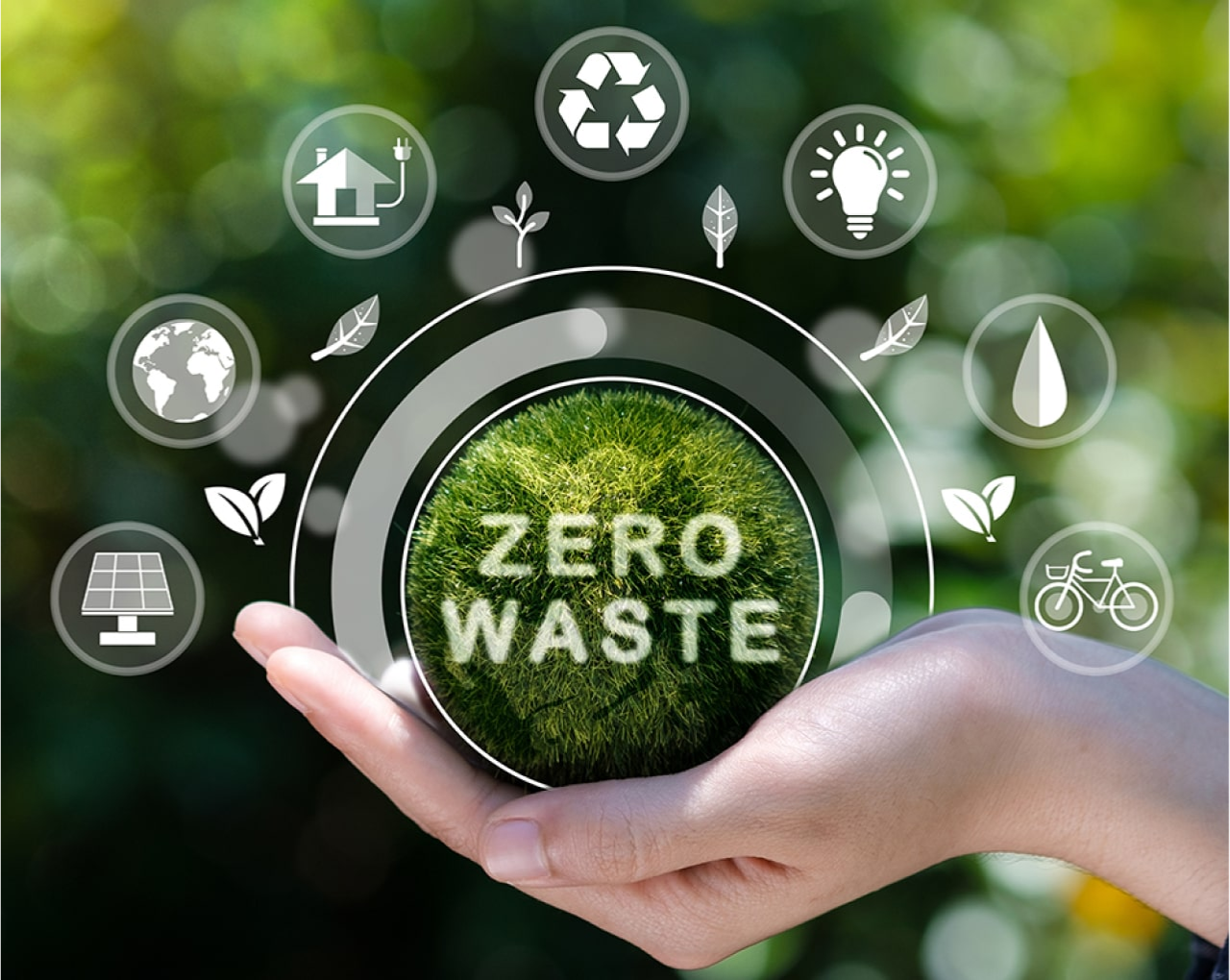THE AGRO-WASTE UPCYCLING MODEL
POWDER HOUSE’s Agro-Waste Upcycling Model embodies a transformative innovation in the industrial processing of agroindustrial byproducts, pioneering a new paradigm where sustainability, technological efficiency, and large-scale scalability are seamlessly integrated within a unified process framework. Central to this model are four foundational structural sustainability standards—Residue-Free, Chemical-Free, Emission-Free, Water-Free, and Manipulation-Free—that are not externally imposed objectives or marketing-driven embellishments but rather intrinsic outcomes arising from the deliberate and sophisticated engineering of the process itself, grounded in advanced material science and particle (…)

(…) engineering principles. The Residue-Free standard ensures that every fraction of the agroindustrial byproducts is transformed into high-value ultrafine functional ingredients (~P90 = 20 µm), completely eliminating industrial solid and liquid waste streams, significantly reducing environmental impact, and contributing directly to the mitigation of global challenges such as resource depletion, ecosystem degradation, and climate change. The Chemical-Free standard replaces traditional solvent-based extraction and purification methods with cutting-edge physical-mechanical processing techniques, preserving the molecular and bioactive integrity of phytochemicals and functional compounds while preventing chemical denaturation, oxidative degradation, and contamination associated with synthetic agents, thereby guaranteeing compliance with the most stringent clean-label and natural-label standards. The Water-Free standard represents a major breakthrough in resource conservation, operating entirely without freshwater consumption throughout the production process, addressing critical global concerns related to water scarcity, minimizing industrial water footprints, and eliminating effluent discharge, thus establishing a new benchmark for sustainable manufacturing. The Manipulation-Free standard prevents direct human manipulation contact with biomaterials at all processing stages, ensuring (…)
(…) optimal process purity, microbial safety, and product consistency while adhering to the highest food safety and pharmaceutical-grade manufacturing protocols demanded by the food, cosmetic, nutraceutical, and nutricosmetic industries. Collectively, these structural sustainability standards redefine industrial manufacturing by embedding environmental stewardship, operational excellence, and superior product quality directly into the system’s design, demonstrating that authentic sustainability must be inherent rather than retrofitted. Furthermore, the Agro-Waste Upcycling Model exhibits exceptional industrial scalability, capable of processing vast quantities of fruit pomace streams—measured in tens of millions of tons per year at 60% moisture content (wet basis)—without imposing intrinsic limitations on processing volumes. It ensures seamless adaptation to variable input profiles and fluctuating throughput rates while maintaining consistent operational performance. By leveraging an exceptionally high-productivity framework—achieving at least twentyfold greater output than conventional state-of-the-art physical-mechanical concentration technologies—and combining it with low energy consumption and heightened operational resilience, the model enables the continuous, efficient, large-scale production of ultrafine functional ingredients. It preserves the pristine (…)
(…) purity, bioactive potency, and nutritional integrity of the materials, transforming agroindustrial byproducts into valuable biomaterial resources and advancing the principles of a circular economy at an industrial scale. The POWDER HOUSE process architecture is meticulously engineered to deliver unwavering performance under real-world operational variability, ensuring that product quality and bioactive stability remain intact regardless of input heterogeneity, thereby reinforcing industrial resilience and competitiveness. In addition, the model’s scientific foundation, rooted in a pre-gastric particle engineering process developed by the company and patent pending, enables the production of ultrafine ingredients capable of autonomous behavior upon ingestion. This optimizes the kinetics of bioactive release and absorption in response to prevailing gastrointestinal conditions, setting new standards for innovation in functional foods and nutraceuticals. By integrating high-throughput processing, minimal resource consumption, structural sustainability, and next-generation bioactive functionality, POWDER HOUSE establishes a pioneering benchmark for the future of sustainable industrial bioprocessing. It unequivocally demonstrates that industrial productivity, operational efficiency, environmental stewardship, and scientific advancement are not mutually exclusive ambitions but are (…)
(…) intrinsically unified within a superior technological framework. Through its Agro-Waste Upcycling Model, POWDER HOUSE redefines the intersection of technology, sustainability, and industrial performance, offering a transformative blueprint that elevates bioactive science innovation while delivering tangible environmental and economic benefits at a global scale.
